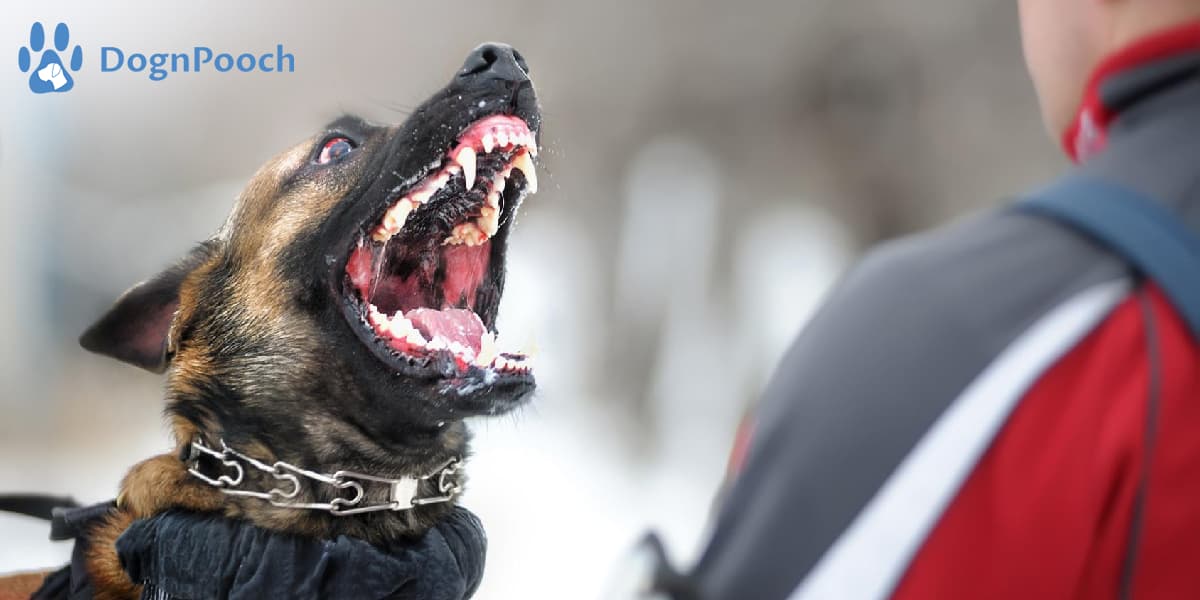Are certain dog breeds more prone to aggression in Paso Robles and Santa Maria? This is a question many dog owners and enthusiasts ask, as understanding the potential for aggression can help in better managing and training dogs. In this blog, we will explore the factors that contribute to dog aggression, which breeds may be more prone to it, and how local environments like Paso Robles and Santa Maria can influence dog behavior. By the end, you’ll have a clearer understanding of dog aggression and how to address it.
Understanding Dog Aggression
Dog aggression can stem from various factors, including genetics, environment, and individual temperament. It’s important to note that while some breeds may have a higher predisposition to aggressive behavior due to their genetic makeup, any dog can exhibit aggression if not properly trained and socialized. Aggression in dogs can manifest in different ways, such as growling, snapping, or biting, and can be directed towards humans, other animals, or objects.
Breeds Commonly Associated with Aggression
Certain breeds are often highlighted in discussions about dog aggression in Paso Robles. These include:
- Pit Bulls: Frequently cited due to their history as fighting dogs. However, many Pit Bulls are gentle and affectionate when raised in a loving environment.
- Rottweilers: Known for their strength and protective nature, Rottweilers can exhibit aggression if not properly trained.
- German Shepherds: These intelligent dogs are often used in police and military work. Without proper socialization, they can become territorial.
- Doberman Pinschers: Bred for guarding, Dobermans can be aggressive if not well-trained and socialized.
- Chow Chows: This breed can be aloof and protective, sometimes leading to aggressive behavior if not managed correctly.
It’s crucial to remember that these breeds are not inherently aggressive. Responsible ownership, training, and socialization play significant roles in a dog’s behavior.
Local Factors in Paso Robles and Santa Maria
The environment in which a dog is raised can significantly impact its behavior. In Paso Robles and Santa Maria, several local factors can influence dog aggression:
- Community and Socialization: Both Paso Robles and Santa Maria have active dog communities with various parks and socialization opportunities. Regular interaction with other dogs and people can help reduce aggression.
- Training Resources: Access to professional trainers and obedience classes in these areas can greatly aid in managing and preventing aggression.
- Local Laws and Regulations: Understanding and adhering to local laws regarding dog ownership and behavior can prevent incidents and promote responsible pet ownership.
Managing and Preventing Aggression
To prevent and manage dog aggression in Santa Maria or nearby areas, consider the following tips:
- Early Socialization: Introduce your dog to various people, animals, and environments from a young age.
- Consistent Training: Enroll in obedience classes and work on basic commands regularly.
- Exercise and Mental Stimulation: Ensure your dog gets plenty of physical and mental exercise to prevent boredom-related aggression.
- Positive Reinforcement: Use positive reinforcement techniques to encourage good behavior.
Tame Dog Aggression with Dog N Pooch
While certain dog breeds may have a predisposition to aggression, responsible ownership, proper training, and socialization can mitigate these tendencies. In Paso Robles and Santa Maria, dog owners have access to numerous resources that can help in managing and preventing aggressive behavior. By understanding the factors that contribute to dog aggression and taking proactive steps, you can ensure a harmonious relationship with your furry friend.
If you are dealing with dog aggression in Paso Robles and Santa Maria or want to prevent it, Dog N Pooch offers professional training services to help you and your pet live happily and safely. Contact us today to learn more about our programs and how we can assist you in creating a well-behaved, loving companion.



